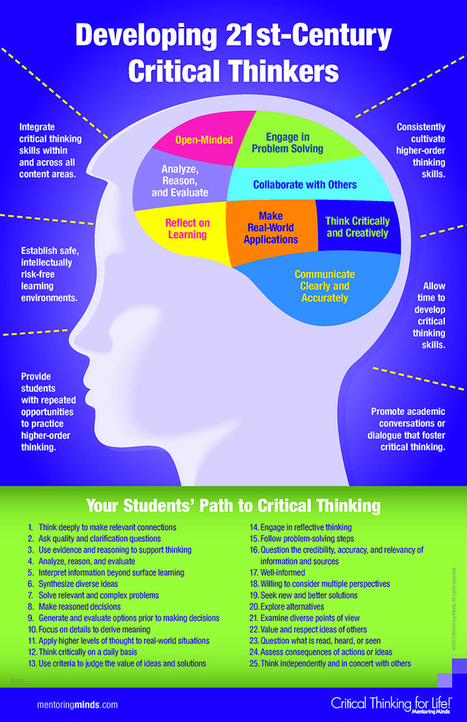Social media is fast becoming one of the main destinations for news online. An infographic created by the University of Florida Online, explores the evolution of the news industry and the way news is consumed.
In 2012 there were 2.4 billion Internet users, and 1.4 billion of them were using social media. Nearly 50 percent of Internet users surveyed said they regularly or occasionally heard about a breaking story on social media before it broke on mainstream sources. In fact, since 2009, social media buzz has resulted in a 57 percent increase in traffic to news sites.
Now online dominates the news market, with 64.5 percent of people going to official sites like The New York Times to get their news. Surprisingly, nearly 30 percent of people still get their news from the papers, but social media is hot on print’s heels with 27.7 percent of consumers.
Find more details at the link.
Via
Lauren Moss



 Your new post is loading...
Your new post is loading...

![The Grandparent’s Guide to the Internet [INFOGRAPHIC] | information analyst | Scoop.it](https://img.scoop.it/b7crDw6nq2ySz6bqkU5P9zl72eJkfbmt4t8yenImKBVvK0kTmF0xjctABnaLJIm9)

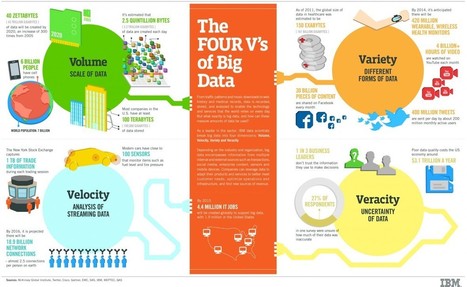

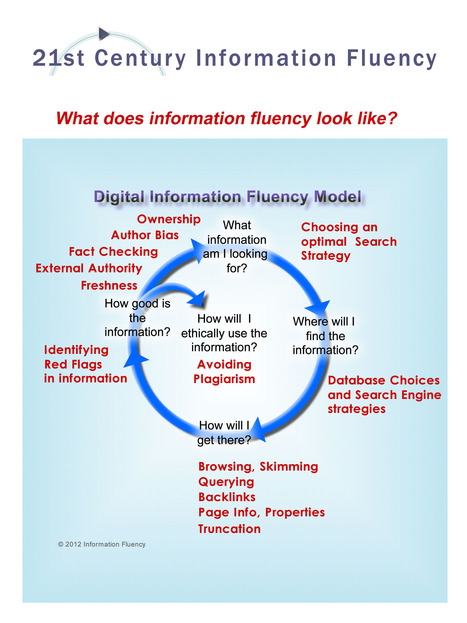



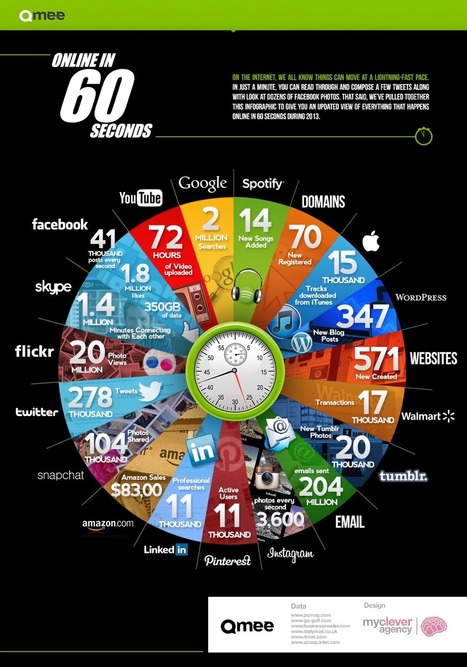







![Scoop.It for SEO – A New World of Curation [Infographic] | information analyst | Scoop.it](https://img.scoop.it/K1jyAzAS4jUQBxVtjMlfFTl72eJkfbmt4t8yenImKBVvK0kTmF0xjctABnaLJIm9)


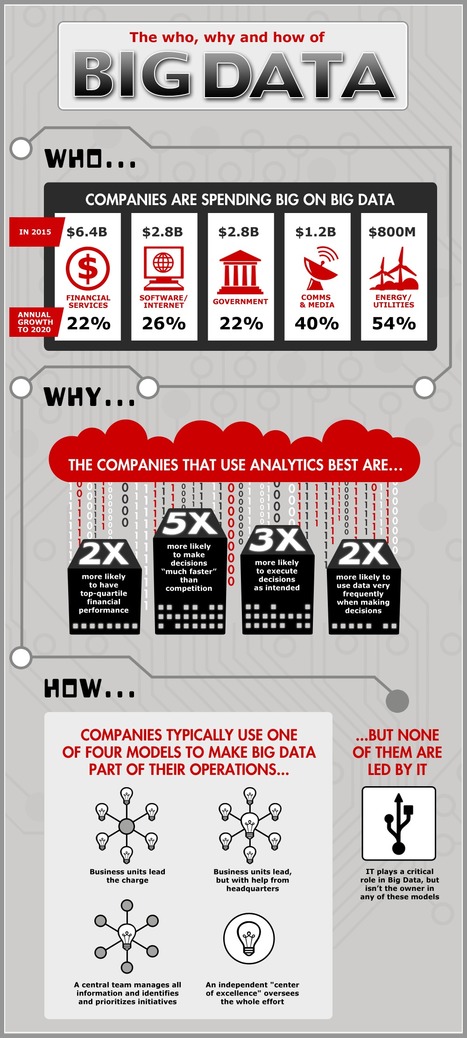






![How To Create A Perfect Tweet [INFOGRAPHIC] | information analyst | Scoop.it](https://img.scoop.it/C2h5colySJtRM11hHd2rIjl72eJkfbmt4t8yenImKBVvK0kTmF0xjctABnaLJIm9)






![Reseach Shows Social Media Hugely Important in SEO Ranking [INFOGRAPHIC] | information analyst | Scoop.it](https://img.scoop.it/TmJ6w0OSa2m_Nt_HnnH4ljl72eJkfbmt4t8yenImKBVvK0kTmF0xjctABnaLJIm9)


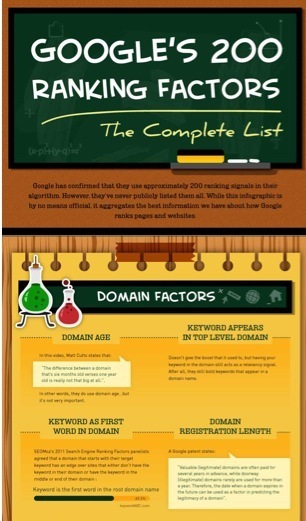





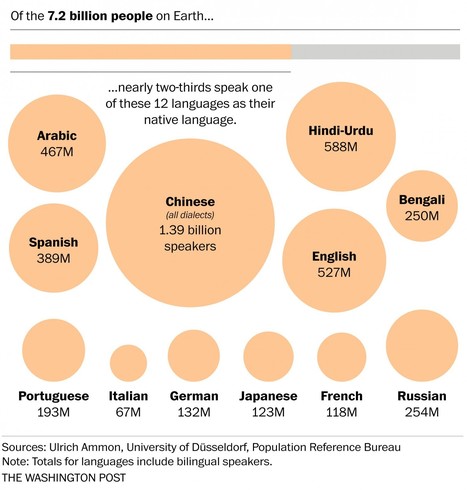




![How Social Media Changed the Way We Consume News [Infographic] | information analyst | Scoop.it](https://img.scoop.it/XuevurEPyOCTsBvTpp74fDl72eJkfbmt4t8yenImKBVvK0kTmF0xjctABnaLJIm9)



![Is Social Media Making Us Narcissistic? [infographic] | information analyst | Scoop.it](https://img.scoop.it/XIxbjNsnVdCFC44dMevEdTl72eJkfbmt4t8yenImKBVvK0kTmF0xjctABnaLJIm9)



![What happens after a data breach? [Infographic] | information analyst | Scoop.it](https://img.scoop.it/mhk80ig_OIgh0szG8FDh-jl72eJkfbmt4t8yenImKBVvK0kTmF0xjctABnaLJIm9)
![Infographic: The Incredible Growth of Web Usage [1984-2013] | information analyst | Scoop.it](https://img.scoop.it/6Ar4Sec_KEyWrKO6ZJLACzl72eJkfbmt4t8yenImKBVvK0kTmF0xjctABnaLJIm9)







![Do You Know Who’s Watching You? [INFOGRAPHIC] | information analyst | Scoop.it](https://img.scoop.it/4sviZxLmnLcUQr4Dr4vRUTl72eJkfbmt4t8yenImKBVvK0kTmF0xjctABnaLJIm9)
![This Is What Happens In Social Media In A Day In 2013 [Infographic] | information analyst | Scoop.it](https://img.scoop.it/V2dK_uW4vBP83ThMfMSgazl72eJkfbmt4t8yenImKBVvK0kTmF0xjctABnaLJIm9)


![Where In the World Is the Internet? [Infographic] | information analyst | Scoop.it](https://img.scoop.it/Dgz2raLDEIdG3-9USccJOjl72eJkfbmt4t8yenImKBVvK0kTmF0xjctABnaLJIm9)

